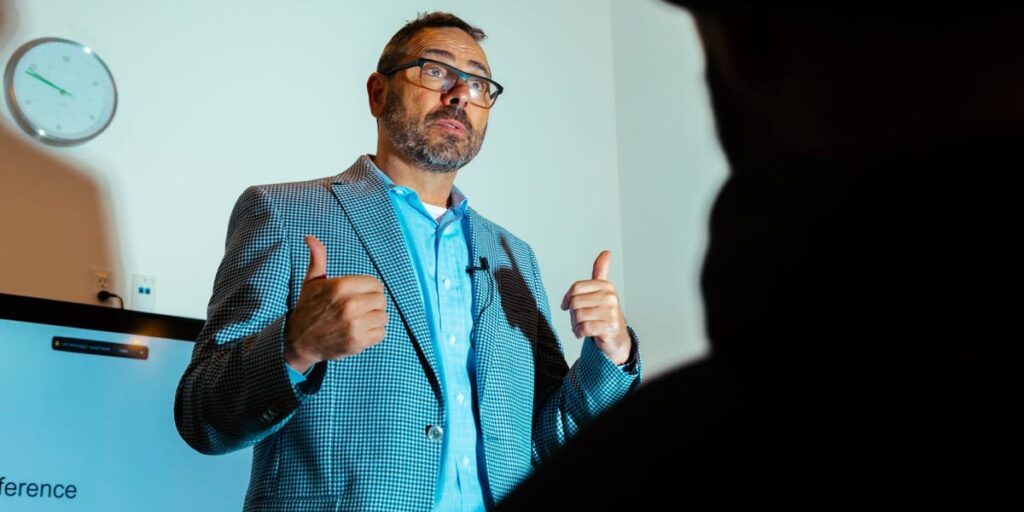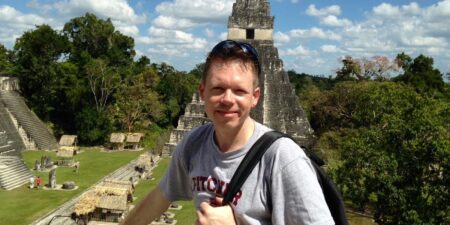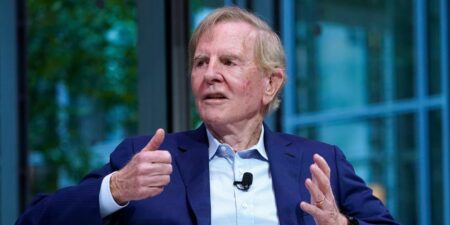Creating a successful business is not a part-time or even a 40-hour-a-week job, especially when you’re taking on the world’s first $4 trillion company.
“This notion that somehow you can achieve greatness, you can build something extraordinary by working 38 hours a week and having a work-life balance that is mind-boggling to me,” Cerebras CEO Andrew Feldman said during a recent episode of Harry Stebbings’ 20VC podcast.
Cerebras is trying to challenge Nvidia’s dominance of the AI chip market. That’s why Feldman, a self-described “David,” said his job requires an “every waking minute” level of commitment.
“I don’t think you can go up against the status quo, up against the 800-pound gorilla with modest effort,” Feldman told Business Insider. “I think it’s true about just about anything in life is to be great, you have to be committed. And that commitment is not part of time, it’s all of the time. “
Feldman described a hustle culture that is deeply ingrained in Silicon Valley, but not every major CEO follows the same playbook. Asked about Warren Buffett’s zealous defense of his work-life balance, Feldman questioned whether the legendary investor and his now-deceased partner Charlie Munger would want to buy into a company that wasn’t led by a true grinder.
“My question is, would they rather acquire a company in which founders are so passionate that they are working around the clock, and moving mountains, and building consumed by their business?” Feldman said. “Or would they rather buy companies where the founders are going home at five or six each night, I don’t know.”
Building a company takes devotion akin to a legendary athlete, Feldman said. He recalled NFL Hall of Famer Steve Young’s story of how he spotted his teammate and fellow future Hall of Famer Jerry Rice practicing running routes that day after winning a Super Bowl title.
“If you want to be great, you’ve gotta put the work in,” Feldman said.
Feldman said finding employees who feel the same way isn’t difficult.
“Nobody becomes an engineer to do things a little better than the last one,” he said. “You become an engineer because you love to build things, and if you can build things differently and better than anybody had ever built them before, you can use the things you build to help change the world, and that’s what we want. It’s easy to improve people who want to work like that.”
Read the full article here
















